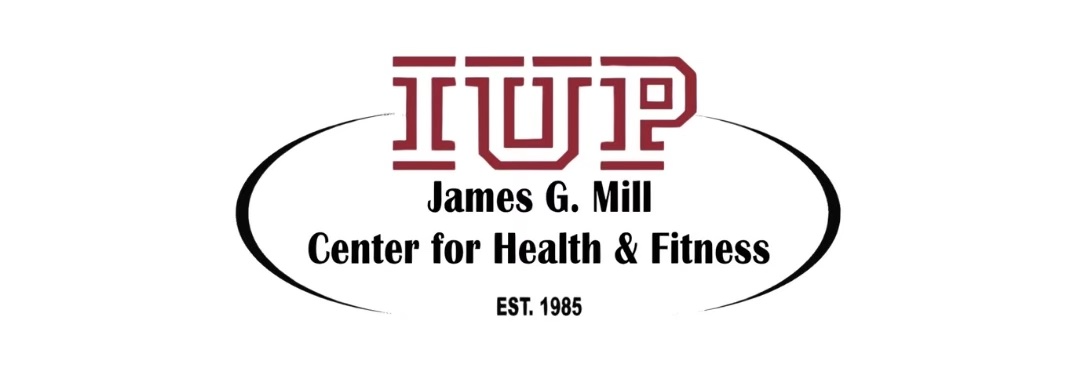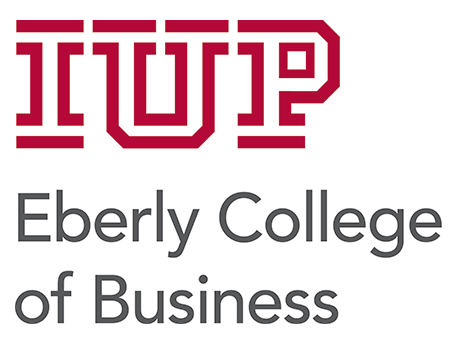
The annual GAIS International Conference on Hospitality, Tourism, and Sports Management will be held in conjunction with the Pennsylvania Sports Business Conference at Indiana University of Pennsylvania. The event is scheduled for April 17, 2026.
Industry experts from the fields of hospitality, tourism, and sports management will be presenting. The conference will take place at the Hadley Union Building, located at IUP, Indiana, PA, USA, 15705.
Speakers from professional sports, collegiate athletics, the sporting goods industry, tourism, the hospitality industry, and other areas of sports management will present.
Join Our Mail List
Conference Committee
Conference Chairs: Dr. Joshua Castle and Dr. Stephen B. Shiring
Conference Coordinator: Amanda Morales
If you have any questions regarding the conference, please contact Amanda Morales at tztdc@iup.edu.
Check out this year’s speakers!
Online Registration
Attendees can register online. The deadline to register for the 2026 GAIS International Conference on Hospitality, Tourism, and Sports Management is March 29, 2026. A purchase of a ticket will give one access to the two-day event in April.
Call for Papers
All participants are invited to submit an abstract for an oral presentation or a poster presentation before March 7, 2026. Details can be found in the description below:
View “Call for Papers”
We invite submissions of abstracts for the conference. Each submission will undergo a peer review by at least two experts, evaluating the relevance of the research topic, quality, validity, and contribution. Below is a list of suggested topics for reference; submissions are not limited to these areas:
Here’s a list of 30 recent and popular research topics for a conference, divided into Sports Management, Hospitality Management, and Tourism Management categories:
Sports Management
- Sustainability in Sports Events: Strategies for reducing environmental impact in sports.
- The Role of Technology in Sports Performance: Impact of data analytics, wearables, and AI.
- Diversity and Inclusion in Sports Management: Addressing gender, race, and disability in sport.
- The Impact of NIL (Name, Image, and Likeness) Rights: How athlete branding is transforming collegiate sports.
- Mental Health in Athletes: Strategies for support and the role of sports organizations.
- E-sports Management: Growth, challenges, and opportunities in electronic sports.
- Fan Engagement and Digital Platforms: Leveraging social media, apps, and virtual experiences.
- Leadership and Coaching Strategies in Sports: Best practices for fostering team success.
- Sports Sponsorship and Marketing: Trends in sponsorship deals and their effectiveness.
- Athlete Development Pathways: Effective models for nurturing young talent from grassroots to elite levels.
Hospitality Management
- Post-pandemic Hospitality Trends: Adapting to new guest expectations and behaviors.
- Sustainable Hospitality: Implementing green practices in hotels and restaurants.
- Technology Integration in Hospitality: AI, virtual reality, and robotics in enhancing guest experience.
- Customer Experience Management: Trends in personalization and creating unique experiences.
- Diversity, Equity, and Inclusion in Hospitality: Initiatives to create inclusive environments.
- Crisis Management in Hospitality: Best practices for handling natural disasters and health emergencies.
- Revenue Management and Pricing Strategies: Innovations in dynamic pricing models.
- Hospitality Workforce Management: Challenges in recruitment, training, and retention.
- Gastronomy and Culinary Trends: Impact of food tourism and the rise of local cuisine.
- Social Media and Online Reputation Management: Managing reviews and online presence.
Tourism Management
- Sustainable Tourism Development: Balancing tourism growth with environmental conservation.
- Tourism Recovery Post-COVID-19: Strategies for reviving the tourism industry.
- Smart Tourism Destinations: The role of technology in enhancing destination management.
- Cultural Heritage Tourism: Preserving culture while promoting tourism.
- Adventure and Outdoor Tourism: Trends in experiential travel and nature-based tourism.
- The Role of Influencers in Destination Marketing: Impact on travel choices and tourism branding.
- Over-tourism Management: Solutions to mitigate the impact of excessive tourist numbers.
- Food Tourism and Culinary Experiences: How local cuisine drives travel decisions.
- Travel Behavior and Decision-Making: Understanding the factors influencing tourists’ choices.
- Digital Marketing in Tourism: Effective strategies for promoting destinations online.
Abstract Submission Requirements
- Presentation title
- Abstract (200–250 words): Include the following key elements: purpose, background/significance, method, results, conclusion/recommendation.
- Author(s), institution(s), full name(s), and contact information.
- Poster or oral presentation (12 minutes, three-minute Q&A).
Author(s) cannot be added after the abstract submission deadline.
Abstract(s) submission indicates the intent of the presenter(s) to register for and attend the 2026 GAIS International Conference on Hospitality, Tourism, and Sports Management. The presenter must register by the conference deadline, or his/her paper will be withdrawn.
2025 Conference Schedule
2026 Conference Schedule
Parking, Directions, and Hotel Accommodations
Sponsorship Information
Want to help make this event a success? Become a sponsor! Check out the Sponsorship Form for more information about the 2026 Sports Business Conference.
A special thanks to our 2025 sponsors:


